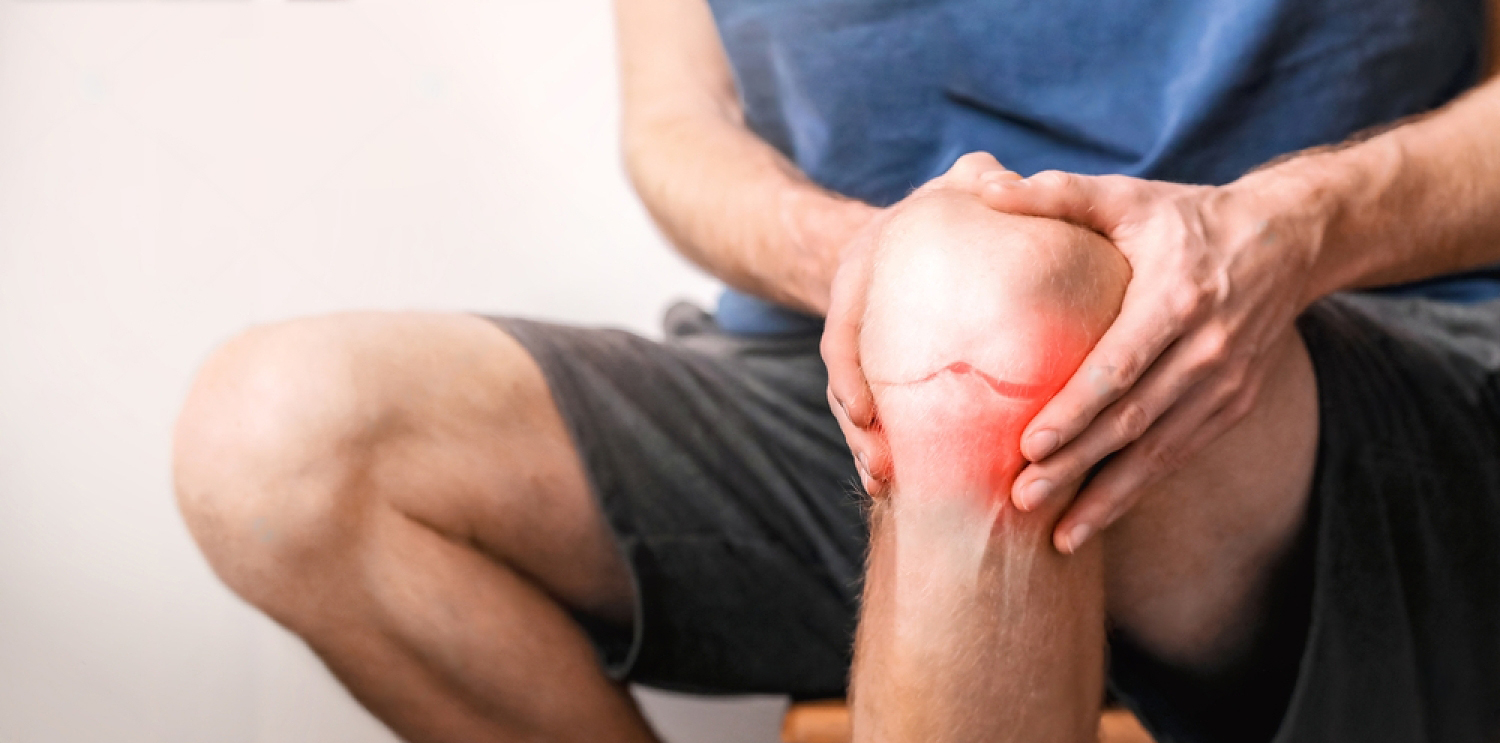Age: The risk of osteoarthritis and knee pain increases with age. As we grow older, the cartilage in our joints naturally starts to wear down, leading to increased friction and potential joint damage.
Joint Injury or Overuse: Previous injuries to the knee joint, such as fractures or ligament tears, can increase the likelihood of developing osteoarthritis later in life. Repetitive movements or overuse of the knee joint can also lead to wear and tear on the cartilage.
Obesity: Excess body weight puts extra pressure on the knees, which can accelerate cartilage breakdown. This is a significant risk factor for both osteoarthritis and knee pain.
Genetics: Some people may be genetically predisposed to developing osteoarthritis. If you have a family history of the condition, your risk of experiencing knee pain due to osteoarthritis may be higher.
Gender: Osteoarthritis is more common in women than men, and this gender difference can also influence knee pain prevalence.
Joint Alignment: Abnormalities in the alignment of the knee joint can lead to uneven distribution of weight on the cartilage, increasing the risk of osteoarthritis and knee pain.
Muscle Weakness: Weak muscles around the knee joint may not provide enough support, leading to increased stress on the joint and potential knee pain.
Other Health Conditions: Certain medical conditions, such as rheumatoid arthritis, gout, or metabolic disorders, can contribute to the development of knee pain and osteoarthritis.
Conclusion
Physiotherapy at Physionic Clinic in Nanded and Aurangabad offers a holistic approach to recovering from osteoarthritis and knee pain. Through personalized exercise programs, manual therapy, pain management modalities, and patient education, the expert physiotherapists will support you in regaining your joint health and improving your overall well-being. Take the first step towards a pain-free life by seeking professional physiotherapy services at Physionic Clinic.
Comprehensive Assessment:
At Physionic Clinic, a skilled team of physiotherapists will conduct a thorough assessment of your condition. They will analyze your medical history, lifestyle, and the extent of your osteoarthritis and knee pain. This evaluation allows them to develop a customized treatment plan tailored to your specific needs.
Targeted Exercise Programs:
Physiotherapy for osteoarthritis and knee pain often involves targeted exercise programs. These exercises are designed to strengthen the muscles around the knee joint, improve joint stability, and increase flexibility. The physiotherapists at Physionic Clinic will guide you through these exercises, ensuring you perform them correctly and safely.
Manual Therapy:
To relieve pain and promote joint mobility, manual therapy techniques are employed. These may include joint mobilizations, soft tissue Release, and stretching exercises. Skilled physiotherapists at Physionic Clinic use these techniques to help reduce stiffness and restore normal movement to the knee joint.
Modalities for Pain Management:
Physiotherapy at Physionic Clinic in Nanded and Aurangabad may also include pain management modalities. These could involve the use of heat or ice packs, ultrasound, electrical stimulation, or laser therapy. These modalities aid in alleviating pain, reducing inflammation, and promoting tissue healing.
Monitoring Progress:
Throughout your physiotherapy journey, the team at Physionic Clinic will closely monitor your progress. Regular assessments will be conducted to gauge the improvements in pain, mobility, and overall functionality. If necessary, the treatment plan will be adjusted to ensure optimal results.

